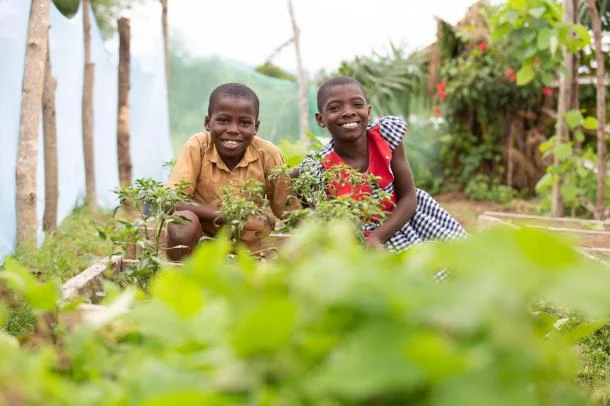Africa LEEPS Progress Report October 2024 to March 2025
This report provides a snapshot of the partnership’s progress over the last six months, despite partner organizations’ challenges in navigating unpredictable policy processes and the time-intensive nature of policy engagement. Africa LEEPS partners continue to engage closely with government ministries, parliamentarians, and other key stakeholders through demand-led and tailored capacity-building initiatives. These include training programs for Kenya’s Ministries of Health and Environment, a newly ISO certified training program for entry-to-senior-level professionals, and practical mentorship programs for emerging researchers and knowledge translation professionals. These efforts foster a gradual yet meaningful transformation of skills and abilities to find, interpret, synthesize, and use evidence in decision making. Gender equity remains a central focus, with activities ranging from specialized training sessions on integrating gender data into policy processes to scholarship programs supporting women leaders in knowledge translation. The efforts aim to address gender by increasing the representation of women in evidence ecosystems and ensuring the consideration of gender-relevant data in policy formulation.

This report provides a snapshot of the partnership’s progress over the last six months, despite partner organizations’ challenges in navigating unpredictable policy processes and the time-intensive nature of policy engagement. Africa LEEPS partners continue to engage closely with government ministries, parliamentarians, and other key stakeholders through demand-led and tailored capacity-building initiatives. These include training programs for Kenya’s Ministries of Health and Environment, a newly ISO certified training program for entry-to-senior-level professionals, and practical mentorship programs for emerging researchers and knowledge translation professionals. These efforts foster a gradual yet meaningful transformation of skills and abilities to find, interpret, synthesize, and use evidence in decision making.
Gender equity remains a central focus, with activities ranging from specialized training sessions on integrating gender data into policy processes to scholarship programs supporting women leaders in knowledge translation. The efforts aim to address gender by increasing the representation of women in evidence ecosystems and ensuring the consideration of gender-relevant data in policy formulation.
The development and ongoing refinement of innovative tools and resources—such as evidence briefs, helpdesks, a digital evidence platform leveraging AI, and methodological guides—underscores our commitment to enhancing the accessibility and usability of evidence for decision-makers. Our vision of building a culture of evidence use that advances people-centered policymaking and program implementation means that we are committed to embedding these approaches to help our government partners more consistently use evidence in decision-making processes.
The stories shared in this report exemplify how Africa LEEPS partners are drawing on their deep contextual knowledge and trusted relationships to navigate complex policy environments, creating pathways for evidence to inform decisions that affect millions of lives across Africa. As we near the end of our second year, we continue to explore the powerful potential of our collaborations and the advantage of strengthening evidence ecosystems on the African continent in partnership, together, embodying the widely known proverb “if you want to go faster go alone, if you want to go further, go together”.
